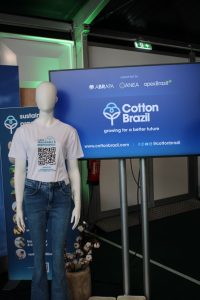Traceability and transparency were the hallmarks of Cotton Brazil’s week in Europe
Calendar and Events |
The Brazilian Cotton Growers Association’s (Abrapa) schedule in Europe ended positively. This event is part of the Cotton Brazil program’s international action plan for 2024 and the main aim was to show Brazilian cotton’s traceability initiatives and Brazil’s responsible production practices.
From April 22nd to the 23rd, the Brazilian delegation was in Brussels (Belgium) and from April 24th to the 25th they participated in the Kingpins Show, a denim trade fair held in Amsterdam (Netherlands). The Brazilian group consisted of eight representatives from Abrapa, the Brazilian Trade and Investment Promotion Agency (Apex Brasil) and the National Cotton Shippers Association (Anea).
In Brussels, the team met with the International Wool Textile Organization. On the agenda was a proposal to join forces in the defence of natural fibres as a more sustainable alternative to synthetic fibres.
 In order to get up to date with the latest changes and current debates in European legislation that may affect Brazilian cotton farming, the Abrapa delegation met with Brazilian agricultural attachés working in Europe. The schedule also included a meeting at the Apex-Brasil office in Brussels and a meeting with the Brazilian Ambassador to Belgium, Pedro Miguel Costa e Silva.
In order to get up to date with the latest changes and current debates in European legislation that may affect Brazilian cotton farming, the Abrapa delegation met with Brazilian agricultural attachés working in Europe. The schedule also included a meeting at the Apex-Brasil office in Brussels and a meeting with the Brazilian Ambassador to Belgium, Pedro Miguel Costa e Silva.
“Our aim is to better understand European Union regulations for foreign trade and assess the impact on our sector. We want to be as well-prepared as possible for the new global sustainability and responsibility requirements for cotton production,” said Alexandre Schenkel, president of Abrapa.
Following this, the delegation went to Amsterdam, the capital of the Netherlands, where they participated in the Kingpins Show, an exclusive event focused on the denim industry. Held annually with editions in New York, Hong Kong, Hangzhou and Amsterdam, this show attracts a qualified audience from the international denim community. Guests include fashion enthusiasts, entrepreneurs, investors and professionals from the denim community.
This year, Cotton Brazil set up a stand where one of the attractions was to show visitors how the socio-environmental certification of Brazilian cotton is implemented. The attendees could also see how to track garments made with Brazilian cotton using a QR Code showing the journey of the Brazilian cotton that was used to make those garments, from the farm to the closet.
Abrapa’s sustainability manager, Fabio Carneiro, was one of the members of the Brazilian delegation and, in his view, the highlight of being at the show was demonstrating transparency. “What impressed people the most was seeing that it is possible to follow the whole journey of that particular garment right up to the end consumer. The Brazilian traceability system shows that we are open to having this dialogue with the ever more demanding consumers,” explained Mr. Carneiro.
Another attraction at the stand was a screen showing the latest São Paulo Fashion Week show held in partnership with the Sou de Algodão (“I’m in Cotton”) movement – an Abrapa project that promotes Brazilian cotton to the domestic retail brands.
Cotton Brazil is the program that represents the entire Brazilian cotton production chain on a global scale. It was designed and has been developed by Abrapa since 2020 in partnership with Apex-Brasil and with support from Anea. Currently, Brazil is the third largest cotton producer and the second largest exporter of cotton in the world. In the 2023/24 market year (August 2023 to July 2024), Anea forecasts that 2.57 million tonnes of Brazilian cotton will be exported.






